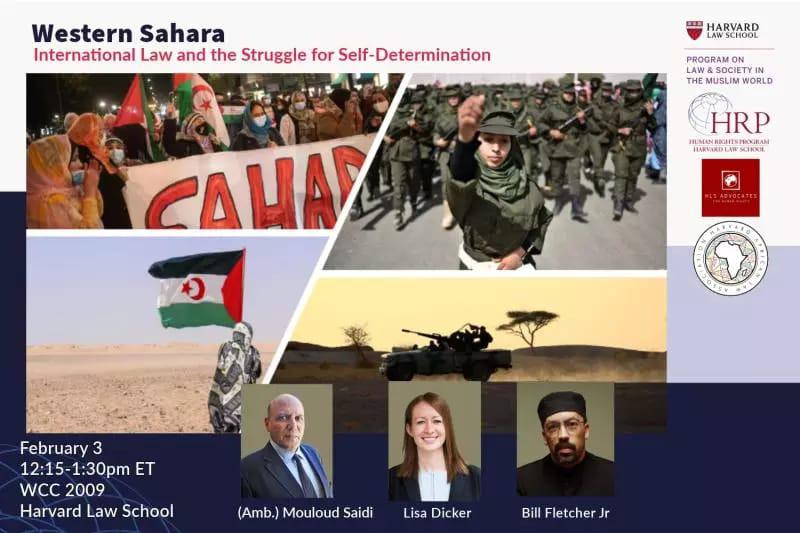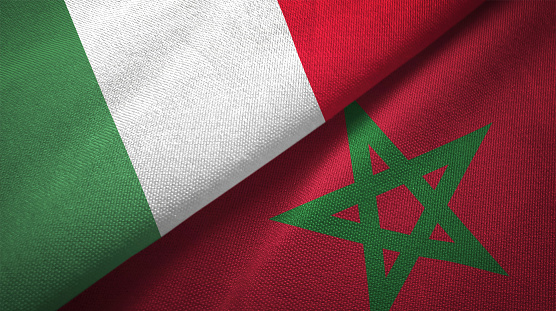The Algeria-backed separatist Polisario Front has suffered major diplomatic defeats in recent years against Morocco regarding the Sahara issue. The separatist narrative it promotes has lost the support of numerous countries, particularly in light of the "realistic" approach embodied in Morocco’s autonomy proposal, which Rabat presents as a final solution to the Sahara conflict.
Polisario’s secessionist agenda has failed to gain traction at international forums, despite Algeria’s persistent efforts to include Polisario representatives in these gatherings. Many international conferences have shut their doors to the separatist group—last year, for example, both China and Russia refused to allow Polisario’s participation in forums bringing them together with Africa.
As Polisario’s "international legitimacy" continues to decline, the group has recently turned to academic and scientific circles in an attempt to compensate for its diplomatic failures on the global stage. At the same time, it seeks to create the impression that its cause remains relevant internationally, regardless of the means.
In this context, on February 3, Polisario, with Algerian support, organized a panel discussion at Harvard Law School titled “Western Sahara: International Law and the Struggle for Self-Determination.” The event featured Mouloud Said, Polisario’s representative in Washington, and Bill Fletcher Jr., a human rights activist who embraces Polisario’s separatist stance and leads the "Campaign to End the Occupation of the Western Sahara".
Judging by the lineup of participants—Mouloud Said and Bill Fletcher Jr.—it is clear that the discussion was anything but neutral. Instead, it was entirely one-sided, aimed at promoting Polisario’s propaganda and attacking Morocco. Such an approach hardly qualifies as an academic debate, which should involve hearing all sides and examining the issue from multiple perspectives.
Furthermore, the choice of Harvard Law School, a prestigious institution, was no coincidence. Polisario sought to lend some form of "academic legitimacy" to its separatist narrative while simultaneously signaling that the issue is being debated in the United States—an attempt to cast doubt, however indirectly, on the U.S. recognition of Morocco’s sovereignty over the Sahara.
This so-called "academic" effort by Polisario is neither the first of its kind nor will it be the last. It reflects the decline of the group’s separatist rhetoric, which is now being forced to shift its focus to academic circles—taking advantage of the fact that universities and research institutions are open platforms for discussing various issues, though this does not imply endorsement of the topics being debated.
It was expected that Polisario would seek alternative avenues to counter its diplomatic failures against Morocco, especially since Rabat has successfully garnered widespread international support for its autonomy plan. The latest example is France’s endorsement of Morocco’s autonomy proposal as the only viable solution to the Sahara conflict, following Spain’s earlier support and the historic U.S. recognition of Morocco’s sovereignty in 2020.
According to several media reports, other countries are also moving closer to adopting pro-Morocco positions on the Sahara issue, most notably the United Kingdom. British courts have repeatedly rejected Polisario’s attempts to disrupt trade agreements between Morocco and the UK, signaling a growing shift in global support in favor of Rabat.






